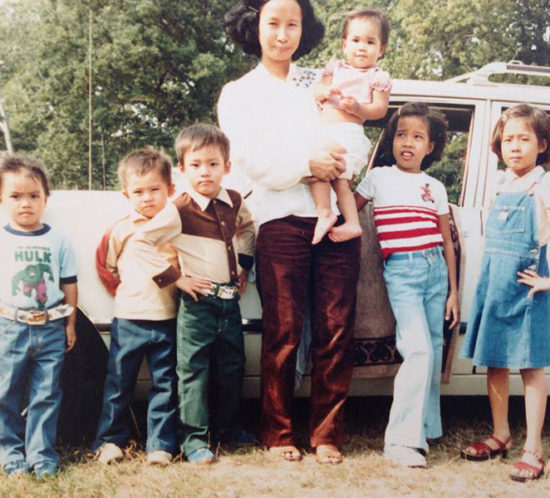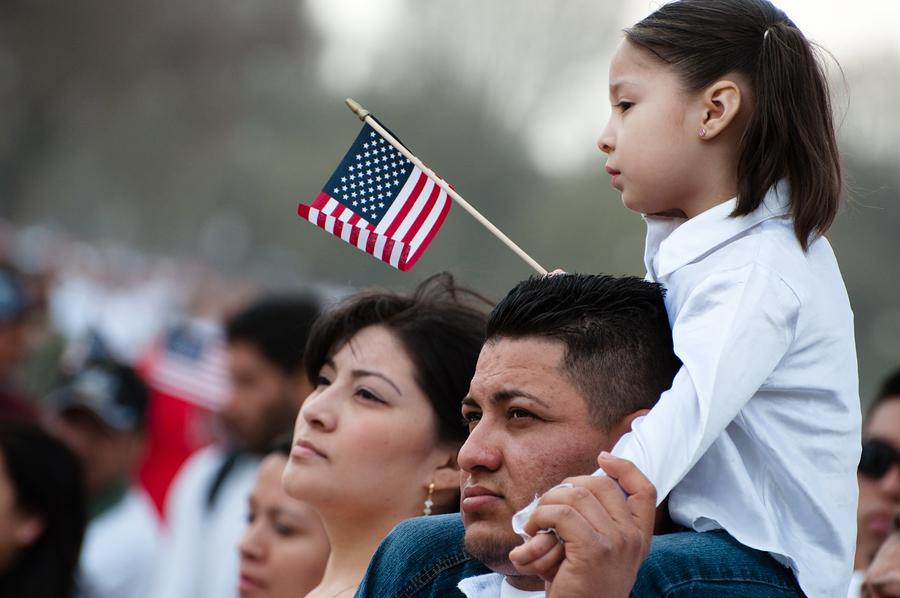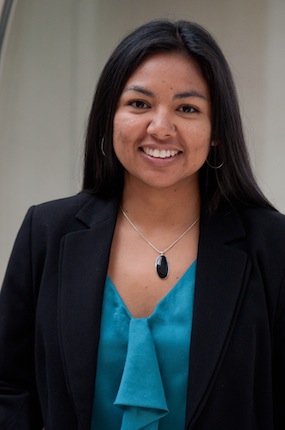Forever Grateful
A piece by attorney Mony B. P. Yin about her journey to the United States and dreaming BIG.
July 13th, 1980: A Special Day
Many of you know how grateful I am to live in the USA. 40 years ago, this beautiful and bountiful country welcomed a single mom, her four young children, father, brother and sister-in-law. When that TWA747 landed in San Francisco, and we made it through customs, a new life began for all of us. The Immigration officer handed our family a packet. The envelope contained our SSN and Resident Alien cards. On that day, each of us received two most precious pieces of paper.
We had the clothes on our backs and the shoes on our feet. I remember my brothers’ shoes, although new and bought for the trip to the USA, had come apart. The sole were unglued. Yet, we still kicked a ball around in the yard of the compound where we stayed for two days. And, where we received a brief orientation into life in the USA.
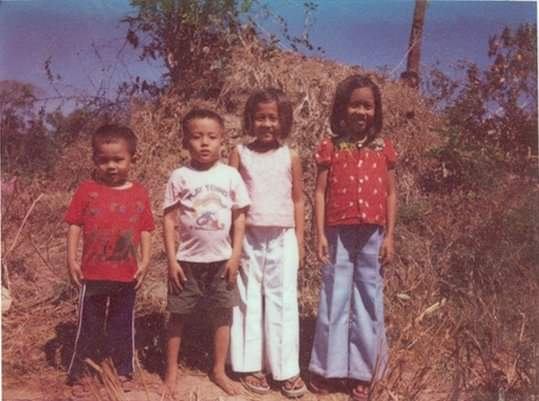
Within two days, we were on another airplane from San Francisco to Bradley International Airport in Connecticut. For us four children, it was quite the adventure. Our mom, grandfather, uncle and aunt were overwhelmed with joy at being reunited with their brother and son. Yes, you guessed it — The AIR FORCE PILOT WITH TWO PAIRS OF SOCKS AND ONE PAIR OF SHOES.
From July 15 onward, it was a rush of learning activities so that we can enroll in school that Fall. None of us ever attended school while in Cambodia. The Khmer Rouge saw to that.
We all tried to absorb as much as possible that entire summer. Anne Robb, one of our sponsors, spent many hours teaching us the alphabet and conversational English each week. By the time school started, we learned enough English to get by.
In September 1980, my sister, Seny, started 5th grade. I started 4th grade. My brother, Voot, started 1st. Our youngest brother was not even old enough to start Kindergarten, but somehow he was permitted to start to learn English. It was the first time we had school. We never looked back. We studied and worked hard.
Three years later, we moved to West Hartford. King Phillip Middle School and Whiting Lane School prepared the four of us for William H. Hall High School, which in turn prepared us for college.
Seny must have loved chemistry so much. She became a pharmacist after five years at UCONN School of Pharmacy.
I got the international bug after earning a scholarship from Duke University to study Chinese language and culture in China during the summer after my junior year in high school. After high school, I pursued a degree in International Relations at Tufts and then law school at UCONN.
Voot loves all things science. He pursued his dreams and became a phenomenal research scientist after earning his degrees from Bates College, University of Utah and Duke. I am probably missing some of his schools. I am in awe of this young man.
Rath ate, breathed, dreamt all things computer related. After graduating from Princeton, he became his own boss — starting, running and owning his compsci dream.
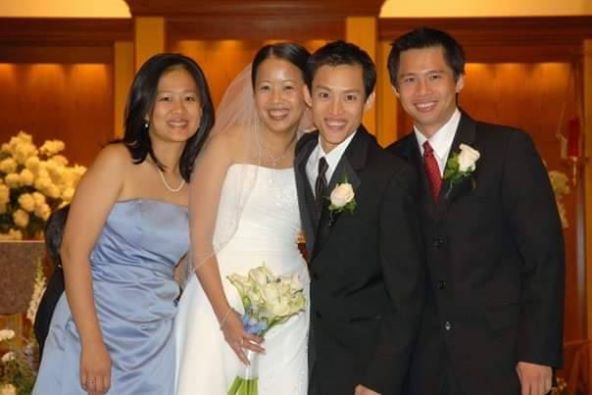
Regardless of your political beliefs, I dare you to dream BIG. We all did.
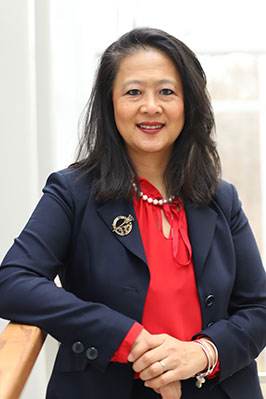 Mony joins Perez Morris with extensive litigation experience in construction, premises liability, products liability, aviation related litigation, insurance fraud investigation, New York labor law, and motor vehicle liability. She also defends employers and insurance carriers in various Worker’s Compensation matters in Connecticut. Her practice focuses on commercial entities, restaurants, retailers and professionals in complex, high exposure litigation, including construction defects and medical malpractice.
Mony joins Perez Morris with extensive litigation experience in construction, premises liability, products liability, aviation related litigation, insurance fraud investigation, New York labor law, and motor vehicle liability. She also defends employers and insurance carriers in various Worker’s Compensation matters in Connecticut. Her practice focuses on commercial entities, restaurants, retailers and professionals in complex, high exposure litigation, including construction defects and medical malpractice.
Mony is licensed to practice in the state and federal courts of Connecticut, New York, and Massachusetts. She is fluent in Khmer, and proficient in Spanish and Mandarin Chinese. Read more


